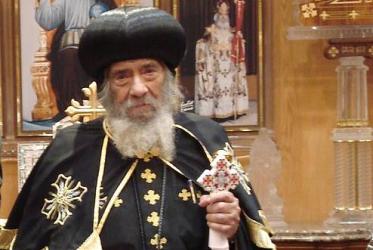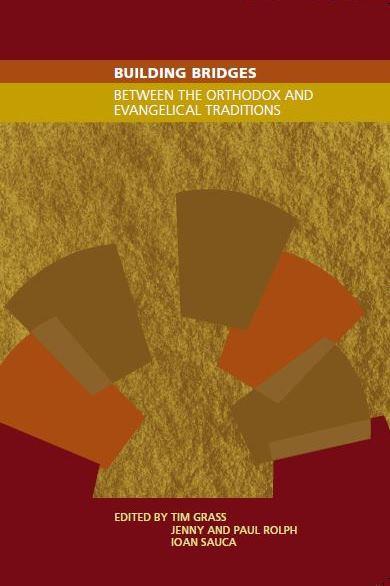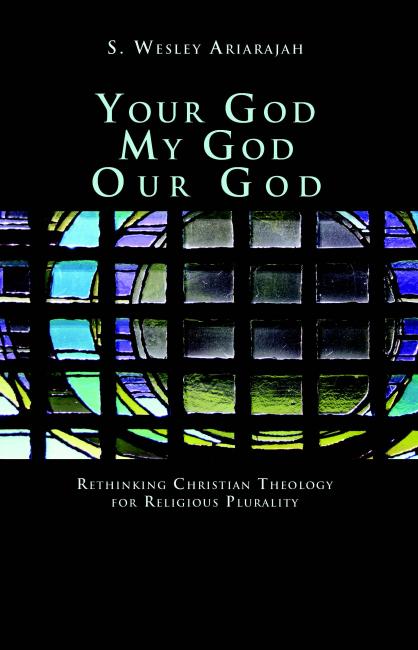Displaying 7641 - 7660 of 9700
WCC pays tribute to late president Pope Shenouda III
18 March 2012
Christian leaders from Odisha visit WCC offices
16 March 2012
Delegation from Taizé at WCC offices
14 March 2012
Turkish foreign minister visits Ecumenical Patriarchate
08 March 2012
Churches say “No more violence in the name of God”
05 March 2012
Christian leaders “fast for fair food”
02 March 2012
EHAIA, an African initiative going beyond Africa
01 March 2012













